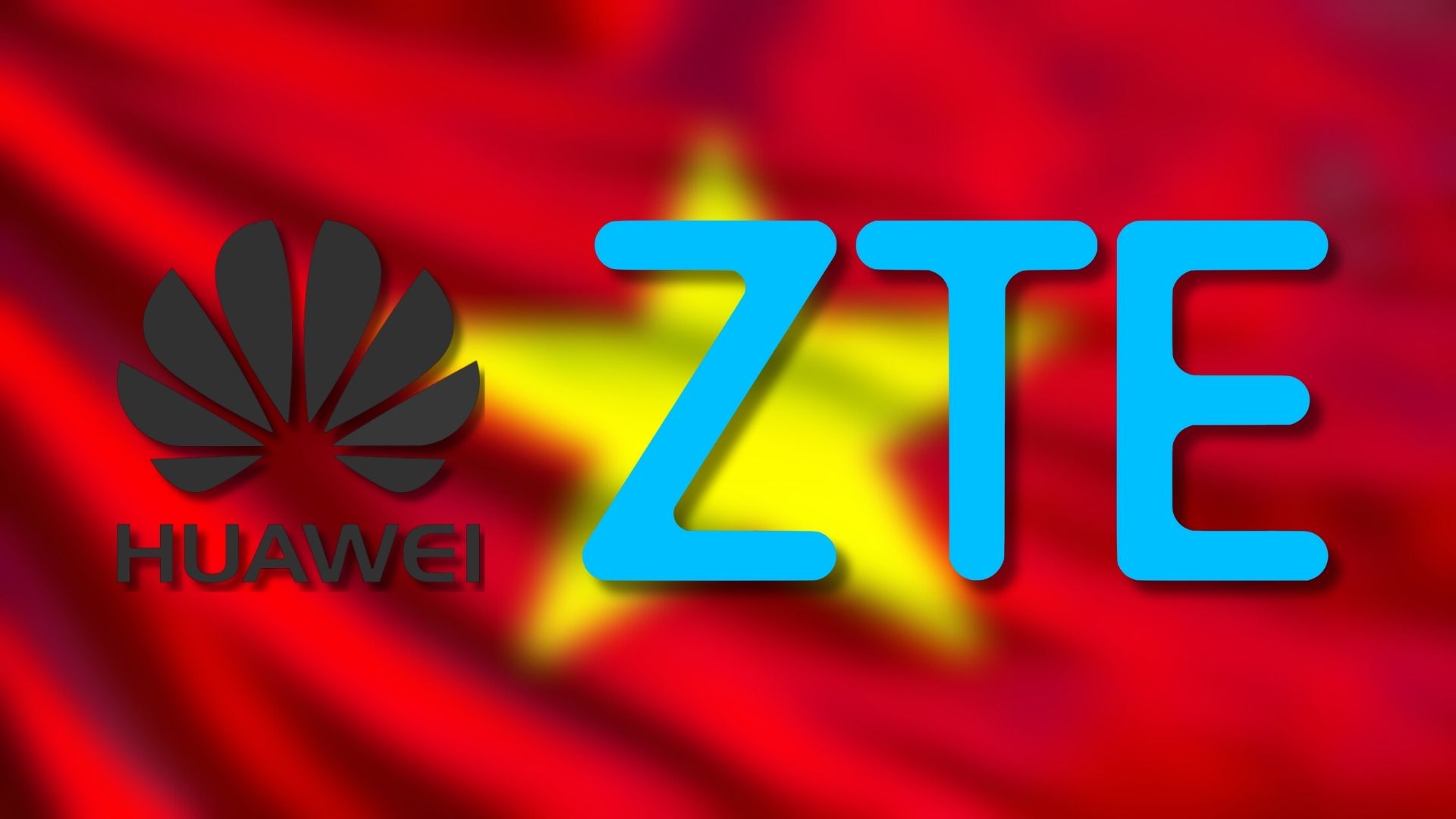Uzbekistan has outlined an extensive plan to accelerate digital development by introducing new measures at major AI forums in Tashkent.
The leadership detailed a national effort to strengthen the domestic AI ecosystem, supported by a supercomputer cluster built with Nvidia and a National Transfer Office established in Silicon Valley.
AI-focused curricula will be introduced across regional Future Centres to broaden access to advanced training.
A strong emphasis has been placed on nurturing young talent. An annual interschool competition will identify promising AI startup ideas. At the same time, a presidential contest will select one hundred young participants each year for internships in leading technology companies in the US, the UAE and Europe.
November will be marked as ‘AI month for youth’, and the Silk Road AI Forum will become a recurring event.
A central part of the strategy is the ‘five million AI leaders’ project, which aims to train millions of students, along with teachers and public servants, by 2030. The programme will integrate AI education across schools, vocational institutions and universities instead of limiting it to specialist groups.
The government highlighted the country’s growing appeal for technology investment. Nearly two billion dollars have already been secured for AI and digital projects, IT service exports have risen sharply, and startup activity has expanded significantly.
Work has begun on a central green data centre, developed in collaboration with a Saudi partner, as Uzbekistan seeks to strengthen its position in regional digital innovation.
Would you like to learn more about AI, tech and digital diplomacy? If so, ask our Diplo chatbot!










